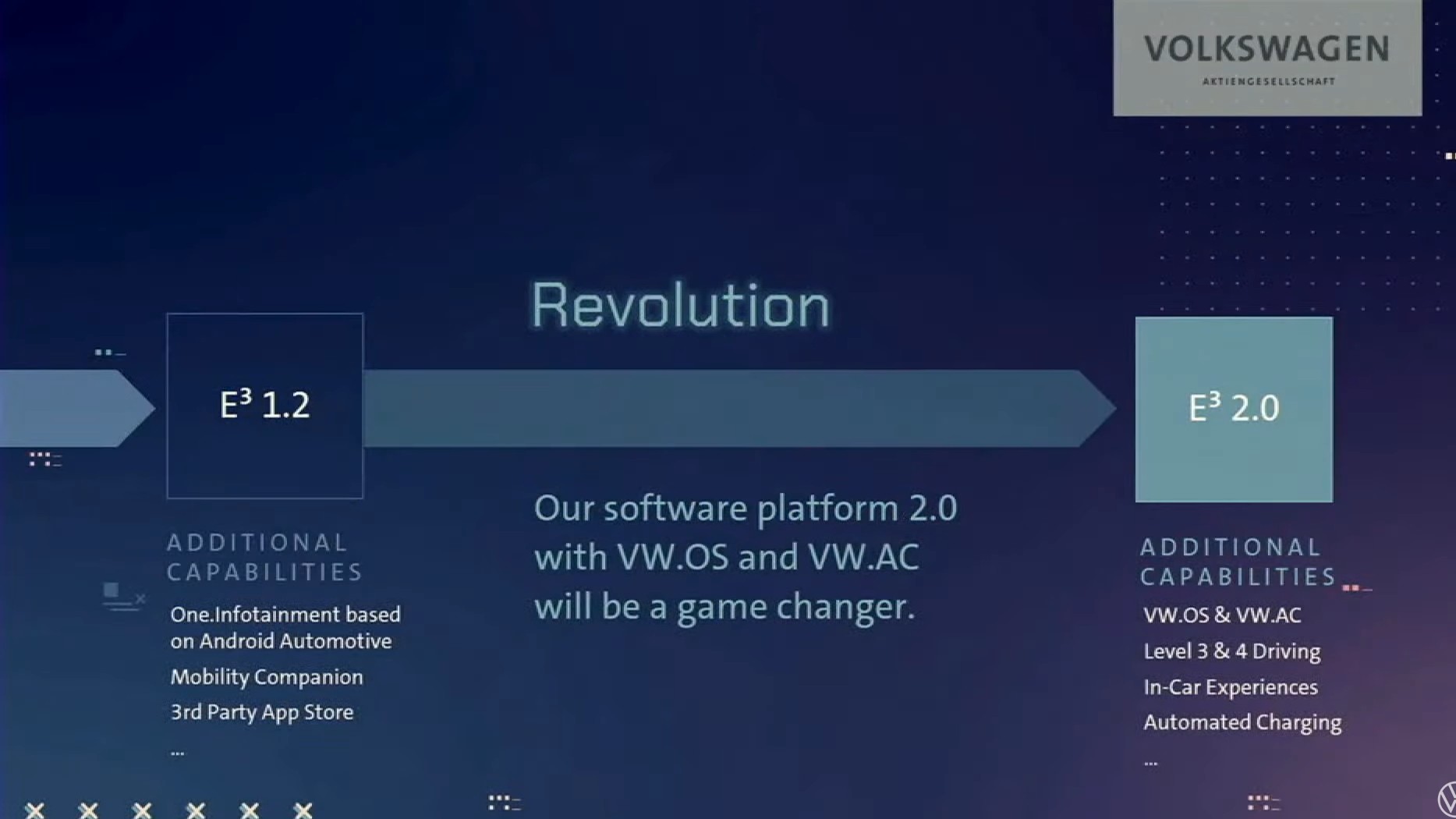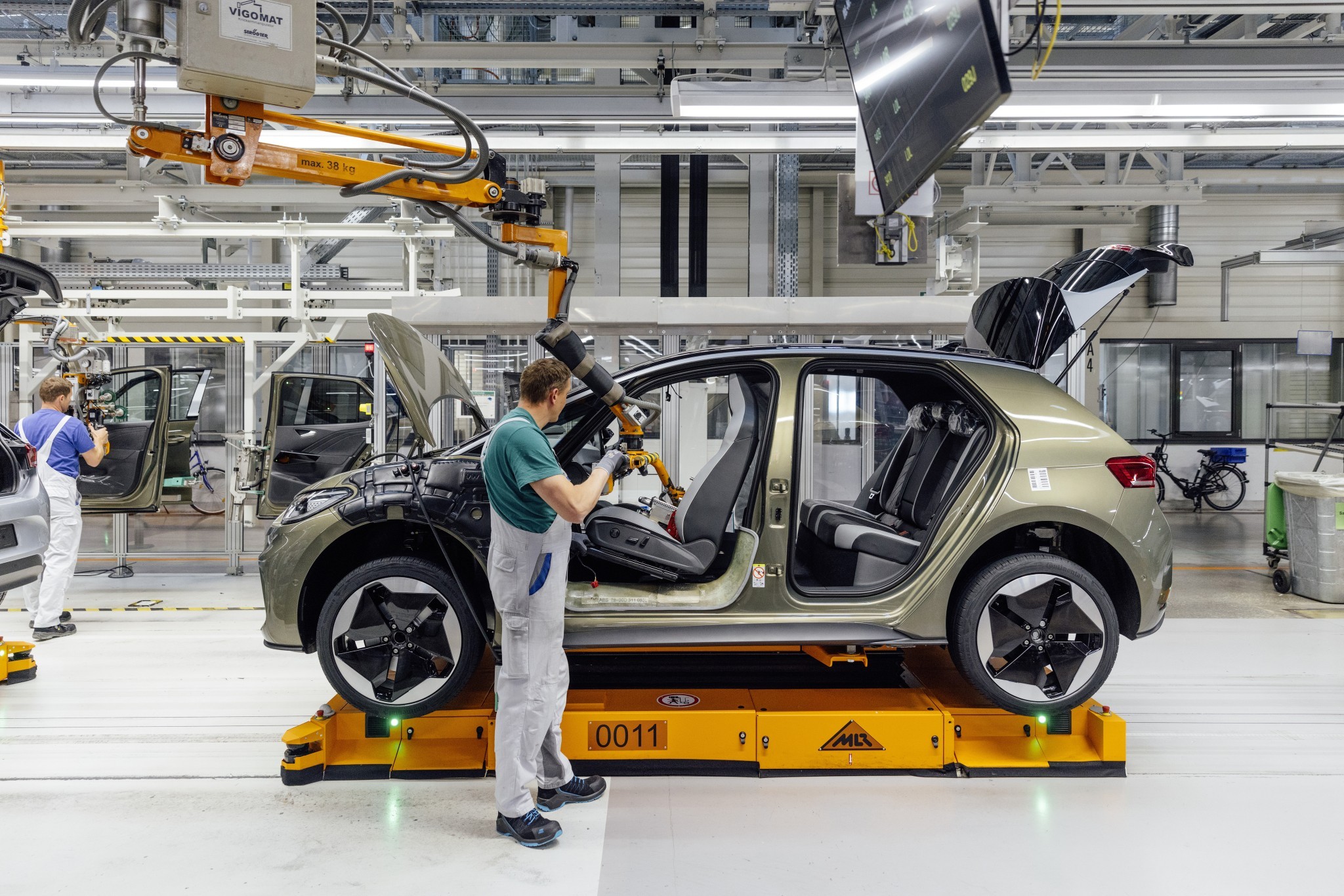Last year, traditional carmakers faced challenges with the EV revolution. Many blamed a decline in customer interest, even though the EV market was growing while combustion vehicle sales dropped. Some manufacturers expanded their EV market share, but most legacy carmakers admitted their electric cars didn’t attract enough buyers.
In the US, Ford and GM were optimistic about surpassing Tesla as the EV market leader. GM’s CEO Mary Barra repeatedly claimed they would, but eventually admitted it was nearly impossible. Stellantis was reluctant to launch any EVs, following its European instincts.
Volkswagen suffered the most from failing to execute its EV strategy. New CEO Oliver Blume reversed the ambitious plans of former CEO Herbert Diess. Blume, known for his cautious approach, canceled or delayed key EV projects, including a new plant in Wolfsburg. Instead, he extended the use of the aging MEB platform for new models like the ID.7, rather than developing a successor.

Blume’s conservative stance could cost Volkswagen dearly the ID.Buzz is now delayed until next year, and the new Audi A6 e-tron is postponed. Projects like Project Trinity were scrapped, and the Apollon SUV may not reach the market.
Blume’s mismanagement alienated key executives who eventually left. His reputation at Volkswagen deteriorated due to the mess he created. Meanwhile, Mercedes-Benz and BMW continued their solid EV growth strategies.
At Ford, despite initial excitement for the F-150 Lightning and Mustang Mach-E, the company admitted to low sales and thin profits, halting investment in new battery factories. The partnership with Rivian failed to deliver results.
The cancellation of the new Mini EV also upset the company, with several executives leaving or being reassigned to new roles. Ford still believes it can overtake Tesla in the coming years, but the path forward remains challenging.

